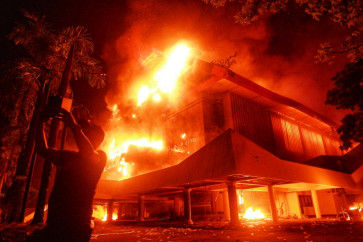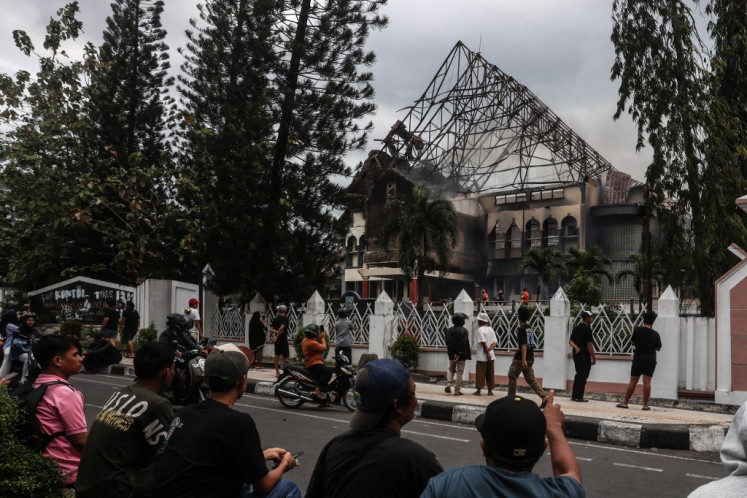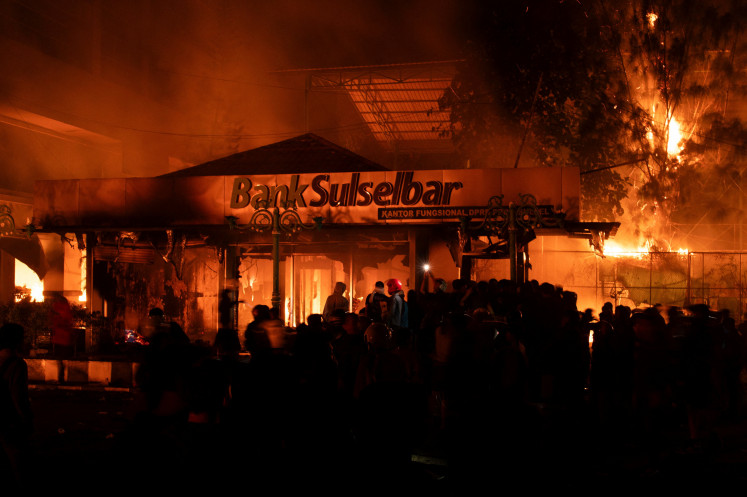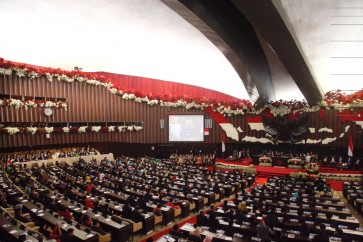Popular Reads
Top Results
Can't find what you're looking for?
View all search resultsPopular Reads
Top Results
Can't find what you're looking for?
View all search resultsParties hurting RI democracy
Change text size
Gift Premium Articles
to Anyone
I
n recent years, scores of politicians have been named suspects in alleged corruption, further besmirching the already stained image of the country’s political parties.
The public has continued to question the credibility of political parties as their political representatives, as a result of problems that political experts believe, stem from poor recruitment processes.
A recent study by the Central Statistics Agency (BPS) found that the country’s political parties were a key factor behind the fall in the Indonesian Democratic Index (IDI) in 2016. The index uses a 0-100 scale to measure the state of democracy in a given country.
Indonesia’s score slipped by 2.73 points to 70.9 in 2016.
A score between 60 and 80 was considered average, above 80 was good and below 60 represented a failed democracy, BPS chairman Kecuk Suhariyanto said during the launch of the study in Jakarta on Thursday.
Democratic institutions exhibited the biggest decline among the three variables studied and have been blamed as the key contributors to the country’s negative trend in democratic performance.
Democratic institutions, which include political parties and legislative institutions, scored only 62.05, a further decline from 66.87 in 2015 and 75.81 in 2014, according to the study, which was conducted in all 34 provinces.


















